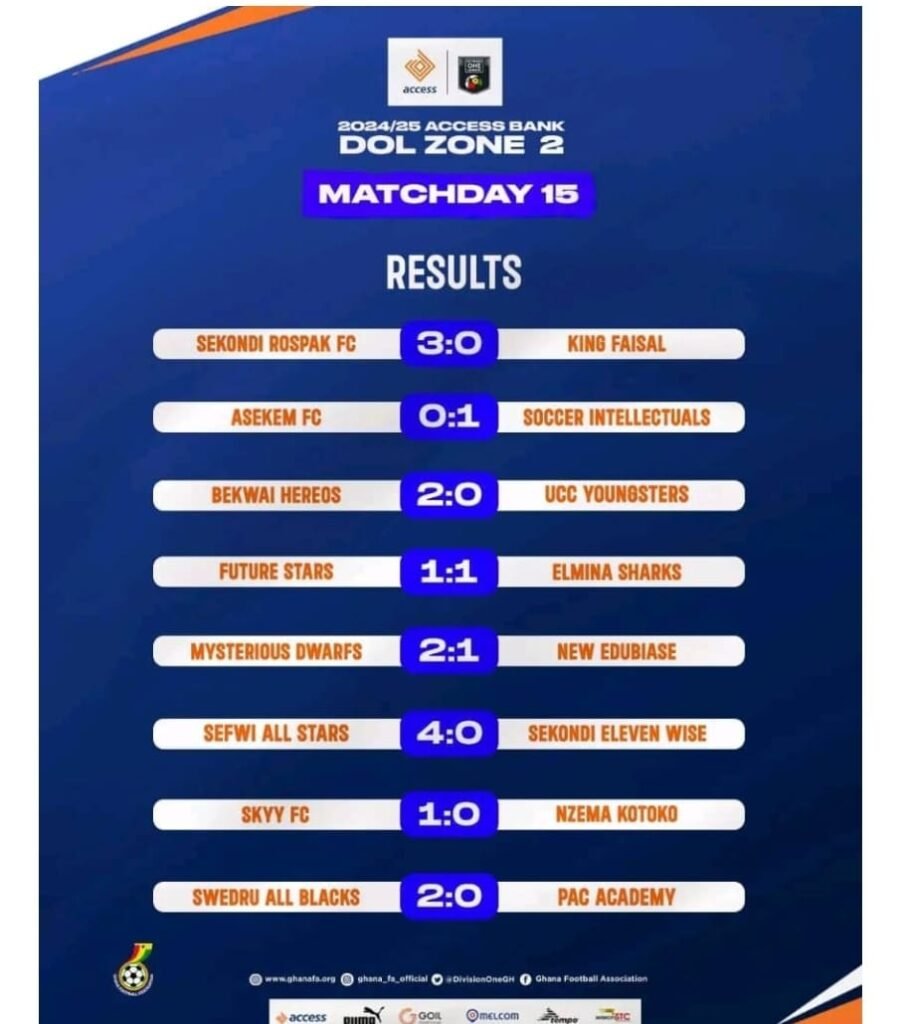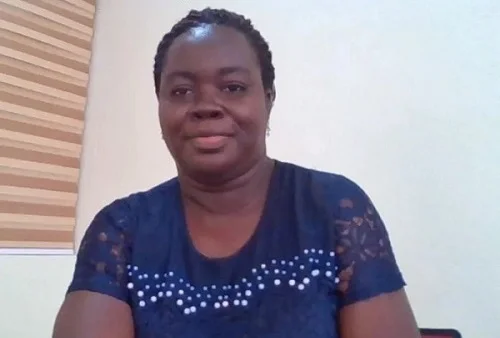Hot!
DRC, Rwanda agree to de-escalate tensions at a mini-summit in Luanda

The Democratic Republic of Congo and Rwanda have agreed to a “de-escalation process” following weeks of rising tensions over rebel fighting in eastern DRC, the Congolese presidency said Wednesday after mediated talks.
But the talks mediator, Angolan President Joao Lourenco, went further announcing a “ceasefire” — although giving no details.
Violence has flared between is the Congolese army and the M23 rebels and is ongoing.
The DRC has repeatedly accused Rwanda of backing the M23, a charge the small central African country always denied.
“I am pleased to announce that we have had positive results, in our view, in that we have agreed on a ceasefire, among other measures,” Lourenco said in remarks at the end of the mini-summit attended by Rwanda’s Paul Kagame and Congo’s Felix Tshisekedi in the Angolan capital Luanda.
Tshisekedi’s office said a “roadmap” had been established towards normalising diplomatic ties, including through ending hostilities involving the M23 militia in eastern DRC.
The announcements came after day-long talks which the Rwandan state broadcaster reported had “concluded with an agreed upon roadmap to deescalate hostilities”.
But the Rwanda Broadcasting Agency stressed that it was agreed that the issue of M23 “be dealt with domestically within the framework of the Nairobi process.”
A mostly Congolese Tutsi rebel group, the M23 — or “March 23 Movement” — first leapt to prominence when it briefly captured the eastern Congolese city of Goma in 2012 before it was driven out in a joint UN-Congolese offensive.
After lying mostly dormant for years, the M23 resumed fighting last November after accusing the Congolese government of failing to honour an agreement to incorporate its fighters into the army.
Fierce fighting has seen the rebels make significant advances in eastern Congo. Last month, M23 fighters captured the strategic town of Bunagana on the Congolese-Ugandan border, for example.
At the end Wednesday’s talks, the Congolese presidency said the three presidents had decided upon a “de-escalation process between the DRC and Rwanda”.
This involves setting up a joint DRC-Rwanda committee, which is due to hold its first meeting in Luanda on July 12, as well as a roadmap for normalising relations.
The M23 must cease hostilities under the roadmap, according to the Congolese presidency, and the “exploitation of natural resources in the region must be done in strict respect of the sovereignty of states”.
Lourenco, who is also the chairman of the International Conference for the Great Lakes Region (ICGLR), mediated the talks at the request of the Africa Union after the violence grew into a diplomatic faceoff between the two neighbours.
source: www.africanews.com
Hot!
Swedru All Blacks back to winning ways, Roshan humble King Faisal

Sekondi Rospak FC made it eight wins in eight successive home games after three second-half goals from John Amoah, Joseph Ntow and Stephen Anthony Kofi. John Amoah opened the scoring in the 55th minute after a barren first half. Joseph Ntow added to the tally in the 56th minute before Stephen Anthony Kofi rounded things up in the 74th minute to give Rospak a 3-0 win over former Premier League side King Faisal.
Elsewhere at Swedru – leaders Swedru All Blacks humbled PAC Academy in an emphatic 2-0 win. Zayat Bubakari scored first for Swedru All Blacks in the 27th minute before Rudolf Junior Nana Kwasi Mensah made it 2-0 in the 34th minute. Swedru All Blacks are top of the table with 36 points – 4 points ahead of second placed Rospak FC.
Meanwhile, Former Premier League side Cape Coast Mysterious Dwarfs recorded their fourth successive home victory after beaten New Edubiase United 2-1 at the Robert Mensah Park. Enoch Odoom struck first for Cape Coast Mysterious Dwarfs in the 19th minute but Steven Asante equalized for New Edubiase United before halftime. After the interval, Godfred Eshun scored from distance in the 65th minute to help Cape Coast Mysterious Dwarfs secure all the points.
Here are the results in Zone Two

Hot!
Cervical Cancer alert: Avoid sex at early age

The Programmes Manager of Non-Communicable Diseases (NCDs) of the Ghana Health Service (GHS), Dr Mary Efua Commeh, has advised young girls to avoid sex at an early age.
This, she explained, will give the cervix the opportunity to mature before they become sexually active.
“You need to delay what we call the first sexual intercourse as much as possible to give the cervix the opportunity to mature before the person becomes sexually active,” she said.
Dr Commeh stated this in an interview with The Spectator in Accra on Tuesday as a part of the Cervical Cancer awareness month.
According to her, cervical cancer was the second leading female cancer in Ghana with a total of about 3,072 cases annually, and out of that, 1,815 deaths are recorded, representing more than 50 per cent.
She indicated that “If young girls are going to be sexually active, then you need to talk to your parents about being vaccinated.”
She explained that vaccinating young girls against human papillomavirus (HPV) has been found to be a very effective way of preventing cervical cancer.
“There are countries that started HPV vaccination years ago and they are not seeing any cervical cancers now because they would have eliminated most of the high-risk HPVs in their women. So if the high-risk HPV is not there, then obviously the results on cervical cancers are going to go down,” she added.
Dr Commmey said the HPV vaccination is recommended for young girls aged nine to 14 years, adding that it had been found to be highly effective, not just for cervical cancers but for other HPV-related cancers, such as anal cancers, cancers of the vagina, genital warts, amongst others.
She further elaborated that the idea is to put up a barrier before the HPV comes in and that once a young female encounters it, she is already protected.
She also mentioned that for cervical cancers, the main cause is called HPV infection, saying generally, all sexually active women acquire HPV at some point in their lives.
However, the Programmes Manager of NCDs at the GHS mentioned that the body has a way of clearing the HPV, explaining that it is a natural mechanism that goes on, unfortunately, there are a few women whose HPV persists.
Moreover, she noted that the numbers for Cervical Cancer tend to be much higher because at times, clients would wait, and try all sorts of medications before they finally report to the health facility saying “we actually lose some women before they get to the hospitals with over 75 per cent of the cases coming in its third and fourth stages.”
Dr Commey, therefore, called for public awareness while ensuring the availability of information for prevention and control.
By Jemima Esinam Kuatsinu







